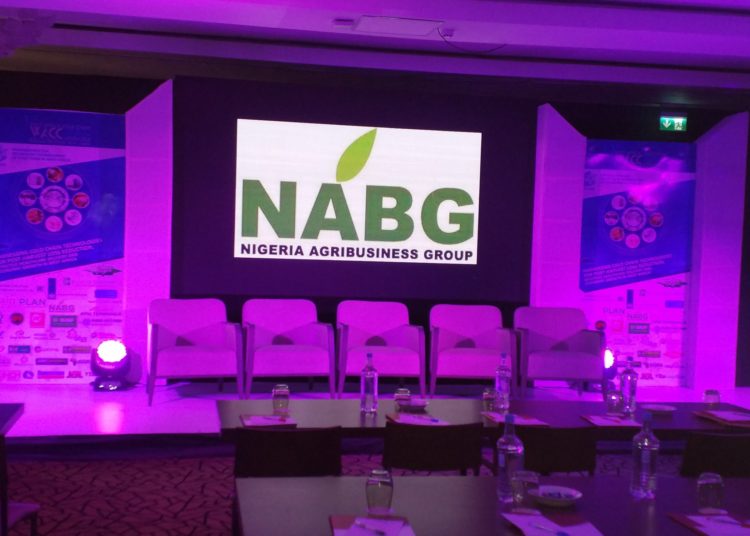The Nigerian AgriBusiness Group (NABG) and other stakeholders in the agriculture sector have brainstormed on how to deploy climate- smart agriculture to improve food productivity, create job and fight the scourge of poverty in Nigeria.
This was the crux of a two-day stakeholders workshop on developing a national framework for climate -smart agriculture that commenced in Abuja yesterday with the theme “Cleaner, safer, rewarding agriculture”
The programme is aimed at promoting Agribusiness Advocacy for smallholder farmer’s project otherwise termed the SSPs project. It is a three- year- programme funded by the Bill Gates foundation under the Policy Advocacy to drive the scale and inclusion of smallholder farmers (SMF) in Nigeria and improve food security in the country.
Speaking to reporters during the event, President of NABG, Emmanuel Ijewere, said Climate -smart agriculture is extremely important because the climate of the world is changing and every country has specific responsibility to adjust to the changes.
“So, the whole idea of putting this together is to ask ourselves these questions in advance and to put in place a framework that will enable us address these issues. The damage has already been done to the climate. Now it is a question of living with those damages and mitigating them.
“At the end of the day, it is how to increase the yield, improve the soil, improve the environment and reduce the poverty of the people to ensure food security and to help in the diversification, of the Nigerian economy ” he said.
He added that the aim is also to create a sustainable agricultural framework so that Nigerian youths can have an opportunity to work and reduce importation of food, while using the land more efficiently through technology.
He said there is inefficiency in the use of land adding that Nigerians must employ technology, knowledge and training to move away from oil recognising the fact that agriculture is the future because 70 per cent of Nigerians are in the agriculture sector and their lots must be improved.
He also noted that despite the threat of insecurity, Nigerians should not allow insecurity to dampen their enthusiasm to produce food and reduce food insecurity in our country.
Director general of NABG, Dr Manzo Maigari, said it has become incumbent on all stakeholders to embrace the climate -smart agriculture because of the value it adds to productivity and the potential to reduce the risks faced by farmers.
He said, “It is important in the sense that farmers have been losing productivity from their land without knowing exactly what the issues are. The impact of climate change is insidious that farmers do not realise because it is difficult to pin it down.
“However, what is important here is that most of the practices small holder farmers engage in are unsustainable and they don’t know that these practices harm them. ”
He noted that the Climate –smart agriculture has been development to help farmers mitigate the impacts of the Climate change.
NABG council member, Muhammadu D. Abubakar, said the essence of Climate-Smart Agriculture is to promote better yields with minimum efforts and also protect the environment. He also called on all stakeholders to sustain their commitment to make the initiative more beneficial.
Others who graced the occasion include officials from the Federal Ministry of Agriculture and rural Development and officials from Nigeria Meteorological Agency, academics and others.





